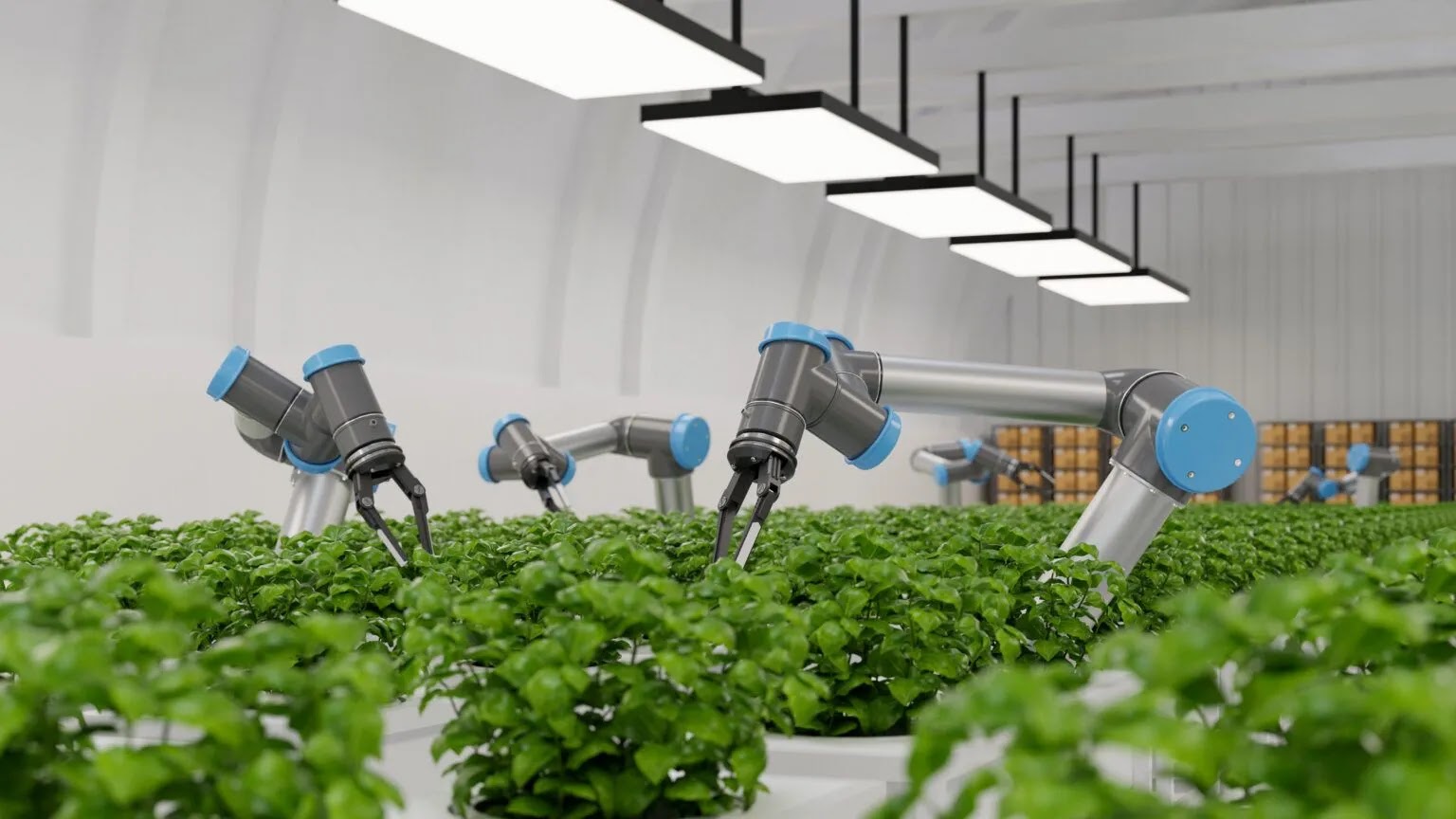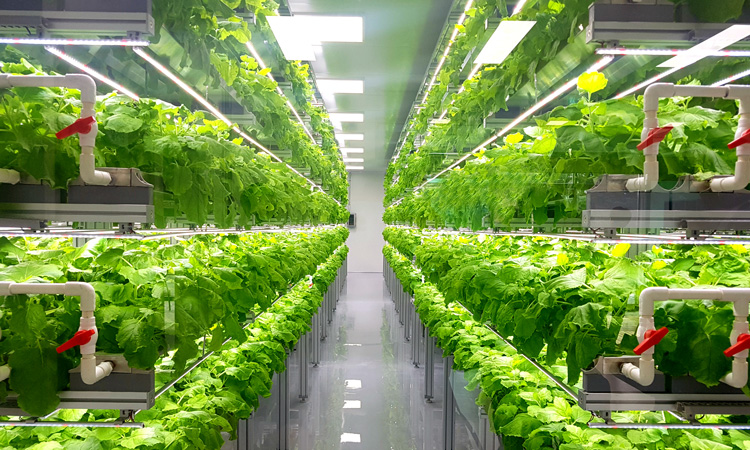In recent years, the world of agriculture has witnessed a remarkable transformation, driven by technological advancements and the emergence of Agtech companies. These companies are at the forefront of a revolution that is changing the way we grow, manage, and harvest our food. In this comprehensive guide, we will delve deep into the world of Agtech companies, exploring their role, the advantages they offer, and some of the challenges they face.
Table of Contents
- Introduction
- What Are Agtech Companies?
- The Pros of Agtech Companies
- The Cons of Agtech Companies
- The Role of Agtech in Sustainable Agriculture
- Data-Driven Agriculture: Benefits and Concerns
- Vertical Farming and the Future of Crop Cultivation
- Food Security and Agtech
- Conclusion
- FAQs
- References
Introduction
Agriculture has always been a vital part of human civilization, but it’s a sector that hasn’t always embraced innovation readily. However, in recent years, Agtech companies have been driving significant change by introducing advanced technologies to address the challenges of modern agriculture. These companies leverage cutting-edge solutions to increase productivity, sustainability, and profitability in the agricultural sector.
What Are Agtech Companies?
Agtech, short for “Agricultural Technology,” refers to a sector of technology-driven companies that focus on improving and optimizing various aspects of agriculture. These companies develop and implement innovations such as precision farming, data analytics, automation, biotechnology, and more. Their primary goal is to make agriculture more efficient, sustainable, and environmentally friendly.
Here’s a table summarizing the pros and cons of Agtech companies:
| Pros of Agtech Companies | Cons of Agtech Companies |
|---|---|
| 1. Increased Productivity | 1. Initial Costs |
| – Automation and data-driven solutions | – Implementing Agtech solutions can |
| – Precision farming | require a significant upfront investment. |
| – Resource-efficient farming | |
| 2. Sustainability | 2. Technology Adoption |
| – Promotes sustainable farming practices | – Farmers’ resistance to change and |
| – Reduces resource waste and environmental | technology adoption due to the learning |
| impact | curve and costs. |
| – Technologies like soil sensors and remote | – The need for education and awareness |
| monitoring | programs to overcome resistance. |
| 3. Cost Reduction | 3. Data Privacy |
| – Optimizes processes and reduces manual | – Concerns about data ownership and |
| labor | privacy when collecting extensive |
| – Lower production costs for farmers | farming data. |
| – Examples: Smart machinery, robotics | – The importance of secure data handling |
| practices for Agtech companies. | |
| 4. Precision Farming | 4. Infrastructure Requirements |
| – More accurate planting, irrigation, and | – The need for access to high-speed |
| fertilization | internet and suitable infrastructure to |
| – Healthier crops and higher yields | maximize the effectiveness of some |
| – Fewer resources wasted | Agtech solutions. |
| 5. Innovative Farming Methods | 5. Environmental Impact |
| – Introduces new approaches like vertical | – The potential for adverse environmental |
| farming, hydroponics, and aquaponics | effects if advanced technologies are |
| – Enables year-round crop cultivation | not used responsibly. |
| – Reduces the need for arable land | – For example, excessive use of chemicals |
| or water can harm the environment. | |
| 6. Access to Data | |
| – Enables data-driven decisions for | |
| improved efficiency | |
| – Provides a wealth of data for real-time | |
| decision-making | |
| 7. Food Security | |
| – Ensures efficient production in | |
| challenging environments | |
| – Examples: Advanced irrigation techniques | |
| and crop monitoring |
The Role of Agtech in Sustainable Agriculture
Sustainability is a key focus of Agtech companies. They play a pivotal role in:
- Reducing Resource Waste: Agtech helps farmers optimize resource use, minimizing waste and its impact on the environment.
- Environmental Conservation: Agtech promotes eco-friendly farming practices such as organic agriculture and reduced chemical use.
- Biodiversity Preservation: Sustainable agriculture techniques encouraged by Agtech help protect biodiversity, which is vital for a healthy ecosystem.
- Soil Health: Technologies like soil sensors and AI-driven insights aid in soil health management, which is a cornerstone of sustainability.
Data-Driven Agriculture: Benefits and Concerns
Agtech relies heavily on data to drive decision-making. This approach offers significant advantages:
- Improved Decision-Making: Data analysis provides insights for precision farming, allowing for optimal resource utilization and crop management.
- Early Problem Detection: Data-driven agriculture enables early detection of issues like diseases, pests, or nutrient deficiencies, leading to timely interventions.
- Yield Forecasting: Accurate yield predictions support better planning and market strategies.
However, concerns related to data privacy and security need to be addressed to ensure responsible data usage.
Vertical Farming and the Future of Crop Cultivation
Vertical farming represents a revolutionary approach to agriculture:
- Year-Round Cultivation: Vertical farms provide a controlled environment, allowing for crop cultivation year-round.
- Space Efficiency: Vertical farming maximizes land use, which is crucial in urban areas.
- Reduced Water Consumption: Innovative irrigation techniques in vertical farming minimize water usage.
Food Security and Agtech
Agtech contributes significantly to food security:
- Challenging Environments: Agtech allows crops to thrive in challenging environments, reducing dependency on specific regions.
- Crop Monitoring: Remote crop monitoring ensures that potential issues are addressed swiftly, safeguarding food production.
- Global Impact: Agtech companies work on solutions that can address food security challenges globally.
Conclusion
Agtech companies are leading the charge in revolutionizing agriculture. They offer innovative solutions that enhance productivity, sustainability, and profitability. While challenges exist, the benefits of Agtech far outweigh the drawbacks. As these companies continue to evolve and mature, they will play a crucial role in shaping the future of agriculture.
FAQs
Q1: What is the main goal of Agtech companies?
The primary goal of Agtech companies is to make agriculture more efficient, sustainable, and environmentally friendly through the use of technology and innovation.
Q2: Are Agtech solutions accessible to small-scale farmers?
While some Agtech solutions can be expensive, there are also affordable technologies and tools accessible to small-scale farmers to improve their practices.
Q3: How do Agtech companies contribute to food security?
Agtech innovations enable efficient crop production, making it possible to grow food in various conditions and locations, thus contributing to food security on a global scale.









0 Comments